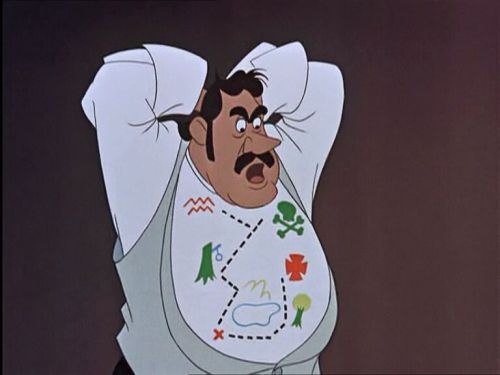 |
| Image found here |
She went on to tell the typical tale of teenage angst and misery shrouded in a deep seeded desire to be independent and grown. This nearly hopeless adolescent girl explained her forward-thinking desire for utopia being met with the harsh reality of a jaded professional telling her it would never be. Then she looked at me, wide-eyed and concerned, with an expression best explained by the question she clearly couldn't ask. Her eyes pleaded with mine, is it true?
I sighed deeply and wrung my hands; trying to determine if I was fully equipped to provide this youth with an answer I have yet to discern for myself. In that moment, my protective mode kicked in. I wanted to puff up and track down that dream dashing clinician for stealing a young girl's nearly lost hope. I wanted to tell her it was all a lie, and everything was just on the brink of perfection. I wanted to insist that, if she persevered a little longer, everything was going to get a lot easier. But, I couldn't hang my hat on a lie.
Yet, I think we all do this. As adults, we want so badly to convince our children that the world is this glorious place. With the best intentions, we tell them that all of their dreams are attainable. We make it sound so simple. Pay attention. Do your homework. Listen to your parents. Follow the rules. Be good for god's sake! We say this like it's the only obstacle in their paths. Then we find these children who, despite their best efforts, can't meet our expectations, and what's the message to them? Try harder. You must not be doing it right. No wonder they struggle.
The saddest part of this whole interaction is that I think the therapist she referenced was trying to help. I think that person was trying to be real with her. Recognizing the false promises inherent in a follow your dreams world, this woman must have tried to counteract the overwhelming expectations set-forth by inconsistent and unsupportive adults. She probably wasn't wrong for doing so either. However, she definitely missed her mark, leaving me with a hurt/confused teenager struggling to rationalize her own survival. With no other adequate explanation, I told this child what I knew to be true.
"I think what she was trying to say," I said "is that it's always going to be hard. Growing up isn't easy. It's not all puppy dogs and cupcakes. Often it's difficult, but that doesn't mean it's not worth it. It absolutely gets better, if you want it to. But there is always going to be stressful things, and what matters is how you cope. You can build the skills to manage your stress. It's possible to truly enjoy your life, but the stress never goes away it just changes."

No comments:
Post a Comment